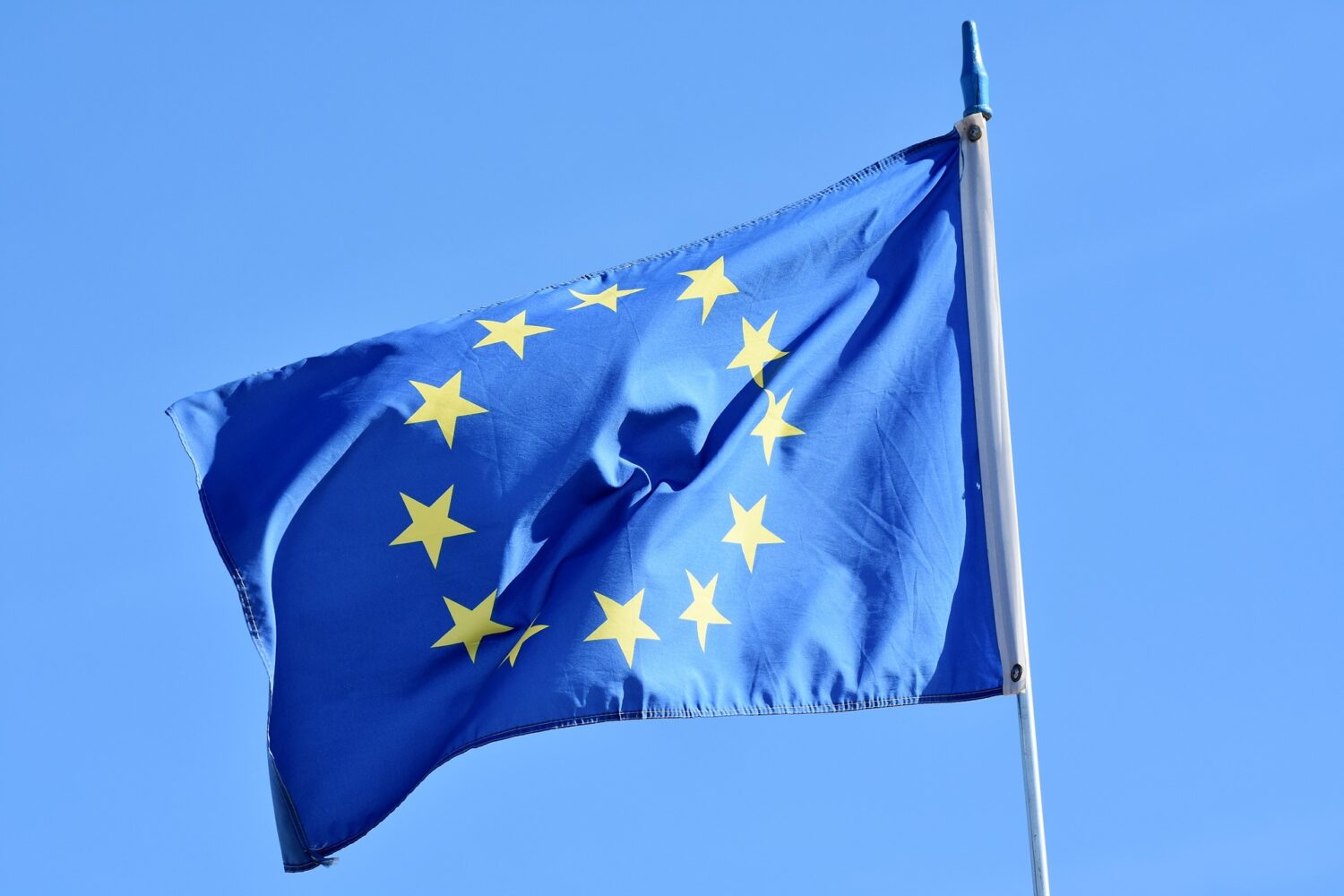
European Disability Card available for all European Countries in 2023, but barely known in Belgium
The European Commission recently announced the ‘Strategy for the Rights of Persons with Disabilities 2021-2030’, and promised to make the European Disability Card available in all EU Member States in 2023. Although Belgium is one of the 8 countries that has given people access to the card since 2017, the card remains rather unknown.
The European Disability card was a pilot project in 2016. The card gives people with a disability increased access to culture, sports and other leisure activities in Belgium and the 7 other participating countries: Cyprus, Estonia, Finland, Italy, Malta, Romania and Slovenia.
More recognition
`It is mostly known as a discount card, but it is much more than that’, says Pieter Paul Moens, one of the volunteers of ‘EDC needs disclaimer for inclusion; EU’, a Belgian group who strives for more recognition of the card.
‘More people should be aware that the card actually stands for inclusion.’ Moens launched another version, the ‘Autipas’ in 2006. With that card, a person can indicate that he or she has an autism spectrum disorder. It is now integrated into the European Disability Card.
Millions in need
According to the European Commission, 87 million people in the European Union have some form of disability. From now on, the Commission wants them to be part of the society. The new strategy ‘aims to protect persons with disabilities from any form of discrimination and violence and make sure they have the same rights as other EU citizens to move to another country or to participate in political life.’
It’s time to scale up European action. 🇪🇺
We are taking concrete steps towards building a Union of Equality, where people with disabilities are able to participate equally in all areas of life.
More: https://t.co/TntLMPyRy6 #EUDisabilityRights #UnionofEquality pic.twitter.com/mgbuHR9g9B
— European Commission 🇪🇺 (@EU_Commission) March 3, 2021
The European Commission announces its Strategy with its 3 main themes: the EU rights, independency and protection against discrimination.
Application
Who is eligible for the European Disability Card and how can a disabled person apply? ‘Anyone can apply, but they need to get recognised as a disabled person by The Flemish Agency for Persons with Disabilities (VAPH) or the Federal Public Service Social Security (FOD)’, Moens says. ‘Adults have to score 7 points on the medical-social scale which measure the reduction of self-reliance. It takes 4 weeks to get an official card from the agency with your definite score.’
Adjusted Services
Moens and other volunteers are lobbying to give this card as much recognition as the disabled person’s parking permit and to get it internalized in the healthcare, fire and police department. ‘The goal is for every public service to know of its existence and take it into account’, he says. ‘This way, they will be able to provide help that is better adapted to the person. We are still in need of more sign language interpreters and audio guides. Even during these uncertain times, disabled people still need a supervisor to accompany them to the vaccination centre, which shows it is important to make sure the card is applicable for any type of activity.’
List of partners
On the official site, a list shows a hundred partners that give discounts for users of the card. ‘Every amusement park, museum or any other public and cultural venue has to decide individually if they accept this card. However, it should not be a discussion whether a disabled person should or should not get their assistance and get nationally accepted.’
Other European countries
In Belgium, the card contains the same information as the identity card. In Finland, the European Disability card has different icons for each disability. ‘A useful method that should be used in Belgium as well’, Moens says, ‘to give everyone the specific guidance they need.’
EU #Disability Card will be available #vammaiskorttitulee2018 in Finland during spring 2018. Disabled people and especially #Cochlear users will get card when they have right to use the speech interpreter. @eurociu @MyEDF pic.twitter.com/ssxNhbAZog
— Sari Hirvonen-Skarbö (@HirvonenSa) December 4, 2017
The European Disability Card in Finland, which specifies disabilities.
More information can be found on the website.
Text: Marie-Julie Van de Sijpe, photo: Capri23auto via Pixabay



